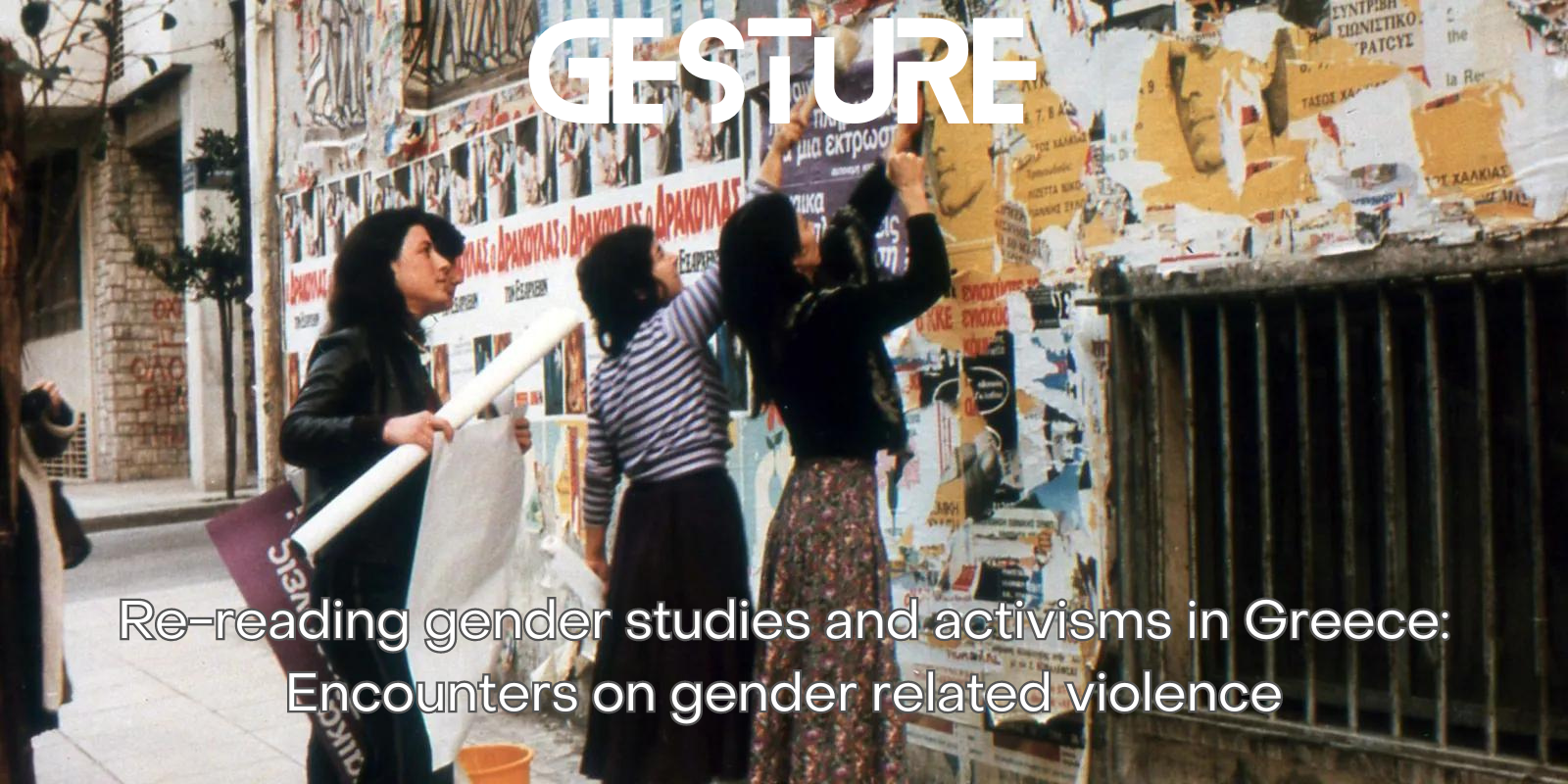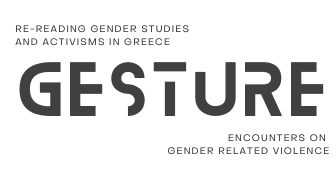
GeStuRe addresses from an intersectional analytical perspective the transformation of the relationship between gender studies and gender activism in Greece in recent years, in relation to the critical issue of gender violence. Drawing on feminist intersectionality theory, GeStuRe approaches Gender Studies and gender activism as a complex field shaped by epistemic, institutional/academic, and social dynamics. The project aims to research how understandings of gender and violence are produced and negotiated in the context of the broader feminist and queer politics impacting the field of gender studies in Greece today. In this sense, the research project, following the long tradition of feminist research, is interested in the social production of knowledge about gender and gender violence.

The academic field of gender studies grew out of the autonomous women’s movement of the ’70-’80s, with which it retained strong social, intellectual, and political ties well into the 21st C. Gender studies developed significantly through scholarly publications, undergraduate and postgraduate courses, as well as public interventions on critical social issues, such as domestic violence and rape, assuming a mainly women-centred feminist approach. At the same time, more recently, especially since the 2010 crisis, a multiplicity of novel gender activisms, subjectivities and politics has emerged, including feminist and queer collectivities, grassroots movements, civil society initiatives, NGOs, which are often in dialogue with, but also challenge and confront institutionalised gender studies, especially the silences and erasures of the field as regards different forms/experiences of violence. In this regard, critical understandings of gender related violence are elaborated, and new voices of epistemic authority are claimed. In the context of the dynamic relationship between the academy and social movements, competing accounts of gender and violence are at stake.

The project addresses this question through archival research and fieldwork. The first phase constructs and analyses a broad corpus of publications on gender related violence, while also challenging academic and feminist orthodoxies through a different reading of the archive. The second phase documents and analyses how gender related violence is represented and addressed by different feminisms and activisms through qualitative research, including biographical interviews and encounter groups with older and younger scholars and activists in different locations. Re-reading the development and transformation of gender studies and activisms through the lens of gender related violence, the project aims to contribute to current debates on the politics of gendered violence and on the outlook of gender studies in Greece.
